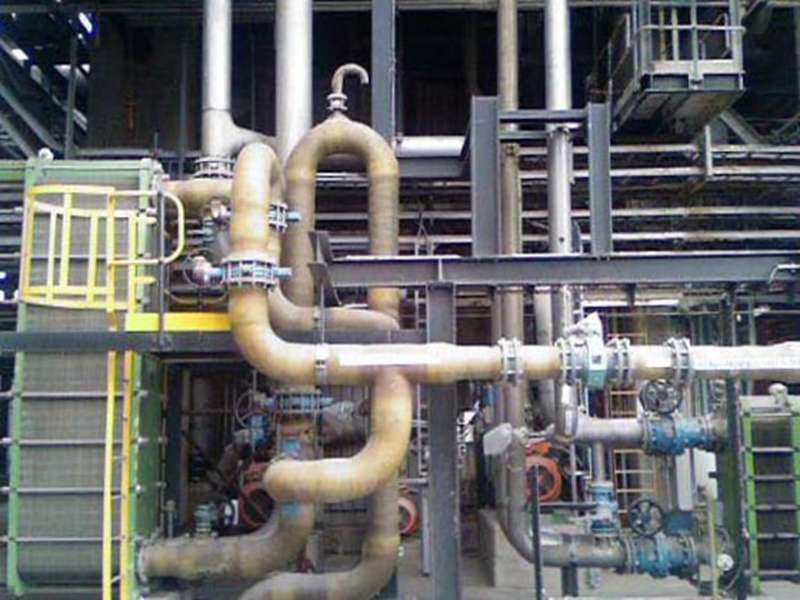
-
 Afrikaans
Afrikaans -
 Albanian
Albanian -
 Amharic
Amharic -
 Arabic
Arabic -
 Armenian
Armenian -
 Azerbaijani
Azerbaijani -
 Basque
Basque -
 Belarusian
Belarusian -
 Bengali
Bengali -
 Bosnian
Bosnian -
 Bulgarian
Bulgarian -
 Catalan
Catalan -
 Cebuano
Cebuano -
 China
China -
 China (Taiwan)
China (Taiwan) -
 Corsican
Corsican -
 Croatian
Croatian -
 Czech
Czech -
 Danish
Danish -
 Dutch
Dutch -
 English
English -
 Esperanto
Esperanto -
 Estonian
Estonian -
 Finnish
Finnish -
 French
French -
 Frisian
Frisian -
 Galician
Galician -
 Georgian
Georgian -
 German
German -
 Greek
Greek -
 Gujarati
Gujarati -
 Haitian Creole
Haitian Creole -
 hausa
hausa -
 hawaiian
hawaiian -
 Hebrew
Hebrew -
 Hindi
Hindi -
 Miao
Miao -
 Hungarian
Hungarian -
 Icelandic
Icelandic -
 igbo
igbo -
 Indonesian
Indonesian -
 irish
irish -
 Italian
Italian -
 Japanese
Japanese -
 Javanese
Javanese -
 Kannada
Kannada -
 kazakh
kazakh -
 Khmer
Khmer -
 Rwandese
Rwandese -
 Korean
Korean -
 Kurdish
Kurdish -
 Kyrgyz
Kyrgyz -
 Lao
Lao -
 Latin
Latin -
 Latvian
Latvian -
 Lithuanian
Lithuanian -
 Luxembourgish
Luxembourgish -
 Macedonian
Macedonian -
 Malgashi
Malgashi -
 Malay
Malay -
 Malayalam
Malayalam -
 Maltese
Maltese -
 Maori
Maori -
 Marathi
Marathi -
 Mongolian
Mongolian -
 Myanmar
Myanmar -
 Nepali
Nepali -
 Norwegian
Norwegian -
 Norwegian
Norwegian -
 Occitan
Occitan -
 Pashto
Pashto -
 Persian
Persian -
 Polish
Polish -
 Portuguese
Portuguese -
 Punjabi
Punjabi -
 Romanian
Romanian -
 Russian
Russian -
 Samoan
Samoan -
 Scottish Gaelic
Scottish Gaelic -
 Serbian
Serbian -
 Sesotho
Sesotho -
 Shona
Shona -
 Sindhi
Sindhi -
 Sinhala
Sinhala -
 Slovak
Slovak -
 Slovenian
Slovenian -
 Somali
Somali -
 Spanish
Spanish -
 Sundanese
Sundanese -
 Swahili
Swahili -
 Swedish
Swedish -
 Tagalog
Tagalog -
 Tajik
Tajik -
 Tamil
Tamil -
 Tatar
Tatar -
 Telugu
Telugu -
 Thai
Thai -
 Turkish
Turkish -
 Turkmen
Turkmen -
 Ukrainian
Ukrainian -
 Urdu
Urdu -
 Uighur
Uighur -
 Uzbek
Uzbek -
 Vietnamese
Vietnamese -
 Welsh
Welsh -
 Bantu
Bantu -
 Yiddish
Yiddish -
 Yoruba
Yoruba -
 Zulu
Zulu
fiberglass products for steel smelting plant
Fiberglass Products for Steel Smelting Plants
In the ever-evolving landscape of industrial manufacturing, the steel smelting industry plays a critical role in providing essential materials for various applications, including automobile production, construction, and machinery. An essential component of enhancing efficiency and safety in steel smelting plants is the integration of fiberglass products. These products, known for their durability, lightweight properties, and resistance to high temperatures, offer numerous advantages that can significantly improve the operational capabilities of steel smelting facilities.
Fiberglass is a composite material made from a polymer matrix reinforced with fine glass fibers
. Its unique properties include excellent tensile strength, corrosion resistance, and thermal stability, making it an ideal choice for steel smelting environments where extreme conditions prevail. In smelting operations, temperatures can soar, and handling molten metal necessitates materials that can withstand not only high heat but also potential chemical reactions and mechanical stress.One of the primary applications of fiberglass products in steel smelting plants is the production of insulation materials. High-performance fiberglass insulation can retain heat and prevent energy loss during the smelting process, which is critical for maximizing efficiency. By minimizing heat dissipation, smelting plants can reduce energy consumption, leading to lower operational costs and a smaller carbon footprint. This not only contributes to economic savings but also aligns with the industry’s goals for sustainability and environmental responsibility.
fiberglass products for steel smelting plant

Furthermore, fiberglass can be used in the manufacturing of protective equipment for workers. Given the hazardous nature of steel smelting, providing employees with effective personal protective gear is vital. Fiberglass-reinforced composites can be utilized to produce helmets, visors, and protective clothing that offer superior heat resistance and durability. This enhanced safety can contribute to a reduction in workplace accidents, ensuring that staff are well-protected in potentially dangerous conditions.
In addition to insulation and protective gear, fiberglass can be integrated into various components of smelting furnaces. For instance, fiberglass can be utilized in the construction of refractory linings that enhance furnace longevity. These linings are crucial as they face direct exposure to molten metal and extreme temperatures, and using fiberglass materials can substantially increase their lifespan while maintaining performance.
Moreover, the lightweight nature of fiberglass makes it easier to handle and install compared to traditional materials like metals or ceramics. This can lead to reduced labor costs and faster installation times, allowing for quicker turnarounds on repairs and maintenance.
In conclusion, fiberglass products offer invaluable benefits to steel smelting plants by improving energy efficiency, enhancing worker safety, and extending the life of critical equipment. As the steel industry continues to innovate and prioritize sustainability, the role of fiberglass is likely to expand, paving the way for a more effective and responsible manufacturing process. Embracing these advanced materials not only strengthens the operational framework of smelting plants but also contributes to a more sustainable industrial future.









